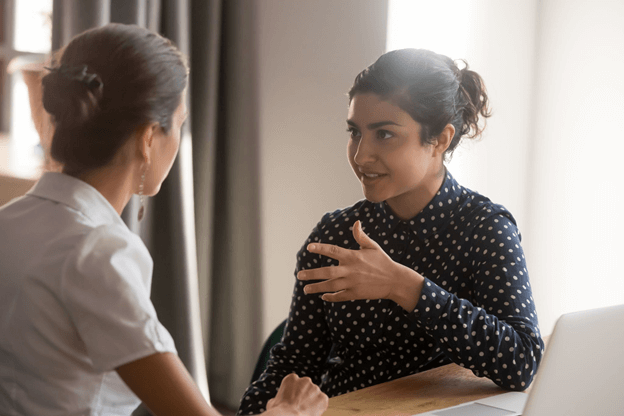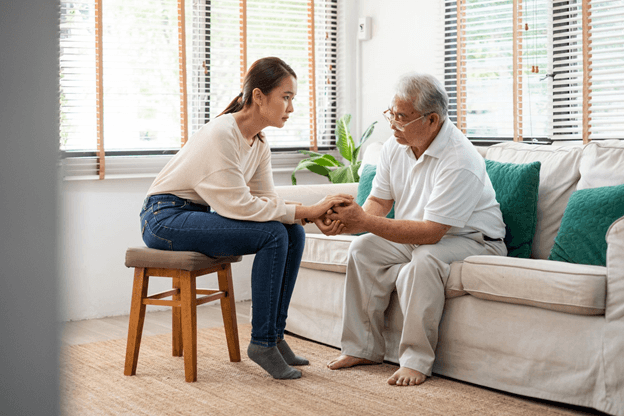Illnesses and health issues are bound to occur in everyone’s lives, but sometimes, it could bring about a significant impact and change to the patient as well as those around them.
A cancer diagnosis is one of the most unfortunate things in the world, and the road to recovering a sense of normalcy is a tough one. Similarly, for caregivers, you are not immune to the harmful effects of the disease as well. It is important to know your role and how you can help your loved one get better both physically and mentally.
Supporting a Loved One With Cancer
For anyone fighting against cancer, there is no doubt that it is taxing both on the mind and the body. Different people may react differently, but having the support of loved ones can be crucial in keeping their spirits up and overcoming the odds. Here are just some ways to show you care for a loved one with cancer:
A Listening Ear
It is hard to be in the same shoes as those suffering from cancer, which is why paying extra attention and listening to them can be of big help. Whether they are telling you about their day or the inconveniences of treatment, just having an involved conversation can make a world of difference.

Support & Reassurances
The road to recovery is long and arduous, and your support and reassurance are critical ingredients that can tip the scales. Here are some words that you can use when interacting with your loved one:
- “How are you feeling?”
- “I’m here for you if you need anything.”
- “Please know that I care for you.”
- “You are not alone, and we are all here to support you.”
- “If you want to talk about it, know that you can always talk to me.”
- “It’s okay if you don’t feel like talking about it right now.”
- “Please let me know how I can help.”
Avoid Stigmatising
When you do not understand something, it can be common to ask questions and generally be doubtful. However, for those suffering from cancer, some level of sensitivity will be good. Avoid touching on the stigma of cancer, and keep those questions to your research.
Taking Care of Yourself
Although your loved one will rightfully be the focus of all attention, the caregiver will also need to be taken care of every once in a while.
It is okay to feel overwhelmed, worried, or any other emotions, and you will also require some time to process your emotions. You are not alone, and there can be support from talking to someone, support groups, and more. It is important to address your own physical and mental health first before you can care for your loved one suffering from cancer.
Cancer Caregiving
As caregivers, there are certain areas that you will need to take note of when caring for someone afflicted with cancer. Understanding their needs and how you can help will be the best way to move forward together.
Addressing Needs

Certain patients may require help with daily activities, or need aid with taking medications and visiting their doctors and understanding the situation. Of course, there is also the social aspect of things, where your support and love are vital.
You may also need to take care of financial and legal needs, such as insurance and asset management. Spiritual needs are also essential, so that religious practices and beliefs can still be adhered to.
Additional Help
Caregivers should also not be taking up this huge responsibility alone. Consider dividing caregiving roles amongst family members whenever possible. There are also organisations such as hospices and nursing homes, or services like Jaga-Me that can help.
Preventing and avoiding caregiver burnout will help you stay on top of things as much as possible.
Support in Singapore
If you or your loved one requires more help, remember the following information:
- If a loved one is a patient with National Cancer Centre Singapore (NCCS), call +65 6436 8417 or +65 64368088 to book an appointment to speak to an NCCS medical social worker or clinical psychologist
- Agency for Integrated Care (AIC) Hotline: 1800-650-6060
You Are Not Alone
In the journey together with loved ones, always remember that you are not alone. There are plenty of resources for you to tap on as both caregivers and patients. With the necessary knowledge, it can be easier trying to deal with the disease. We are all stronger together!




